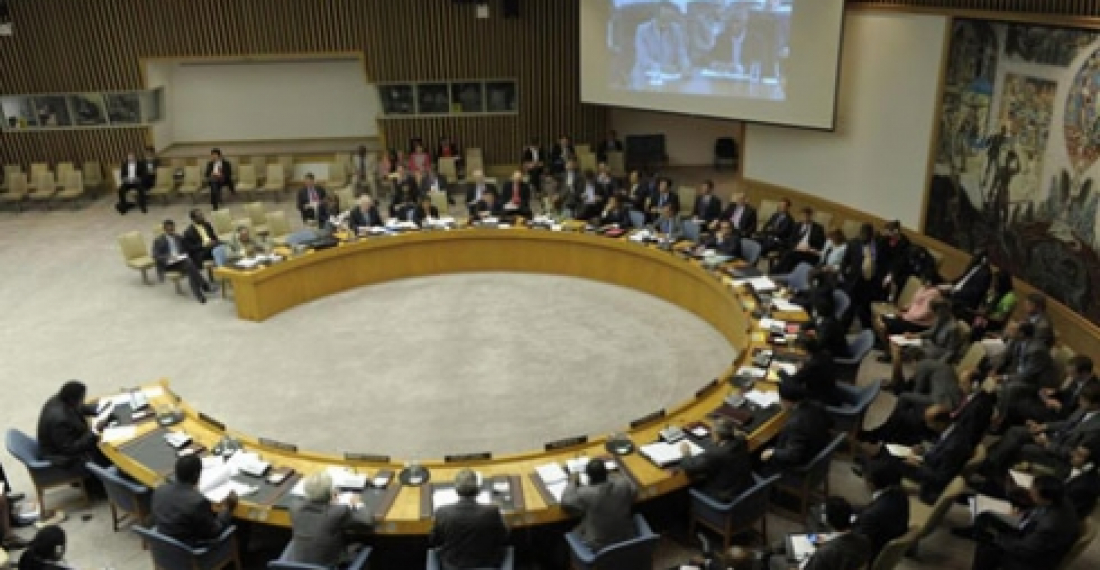UN Member States voted in the General Assembly by secret ballot for five non-permanent seats divided by geographical grouping – three from Africa and the Asia-Pacific region, one from Eastern Europe, and one from Latin America and the Caribbean. To win election, a country must receive a two-thirds majority of those countries present and voting, regardless of whether or not they are the only candidate in their region. Voting continues until the threshold is reached for the required number of seats.
In the Eastern European category, after nine rounds of voting, no country had met the two-thirds majority threshold. In the ninth round of balloting, Azerbaijan obtained 113 votes and Slovenia received 77 votes. A new vote will now take place on Monday.
Azerbaijan has been intensively lobbying for the Security Council seat for more then one year, and has secured the support of influential international organisations such as the Organisation of the Islamic Conference (OIC), The Arab League and the Non-Alligned Movemement. Azerbaijan Foreign Minister Elmar Mammadyarov was present in New York during today's vote.
Today’s elections were held to replace the departing members of Bosnia and Herzegovina, Brazil, Gabon, Lebanon and Nigeria.
The new members will join Colombia, Germany, India, Portugal and South Africa, whose terms end on 31 December 2012, and the five permanent Council members, which each wield the power of veto – China, France, Russia, the United Kingdom and the United States.
source: commonspace.eu
photo: The UN Security Council in Session (picture courtesy of the UN News Service)







